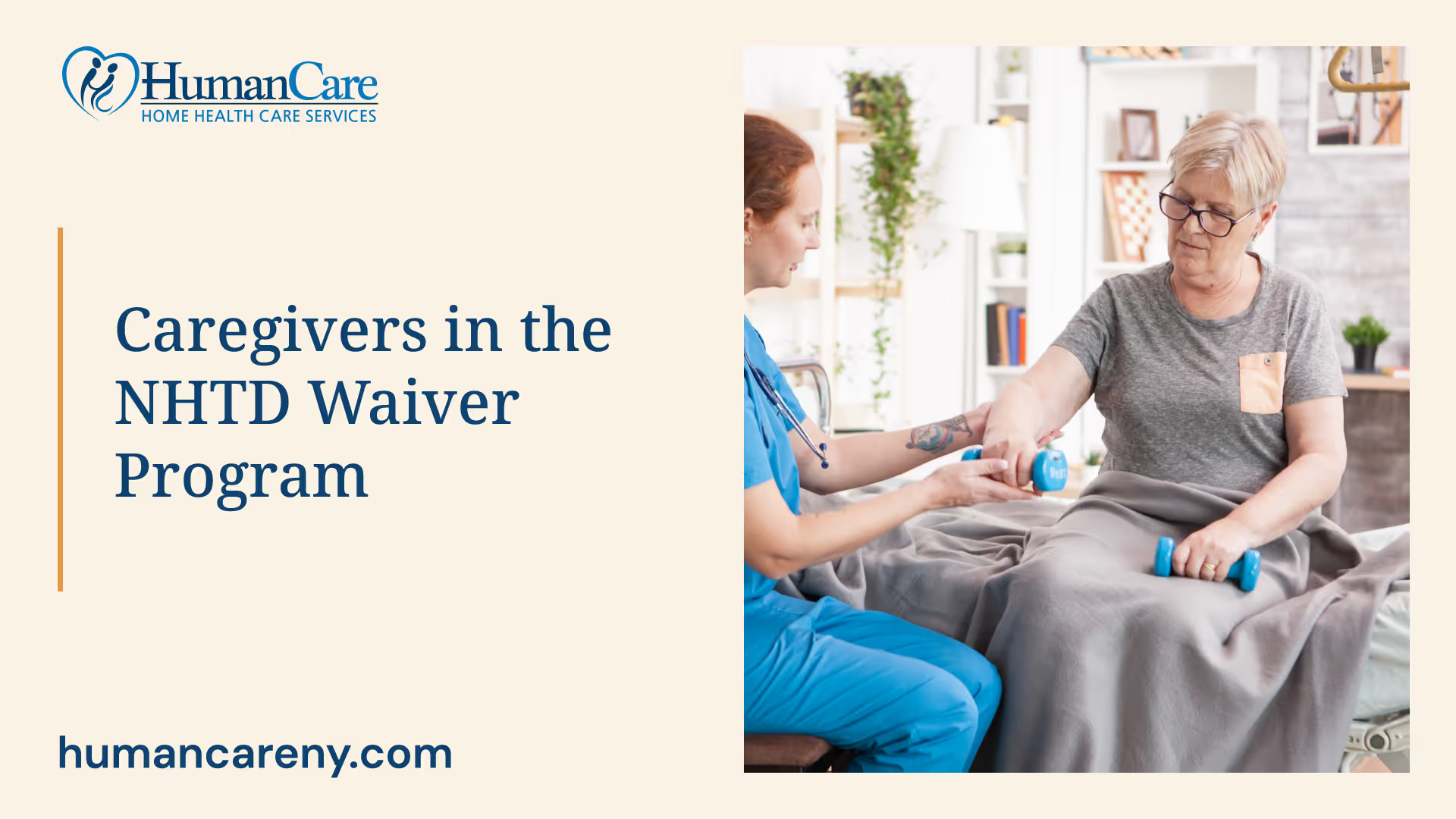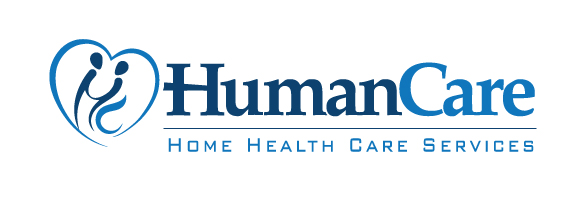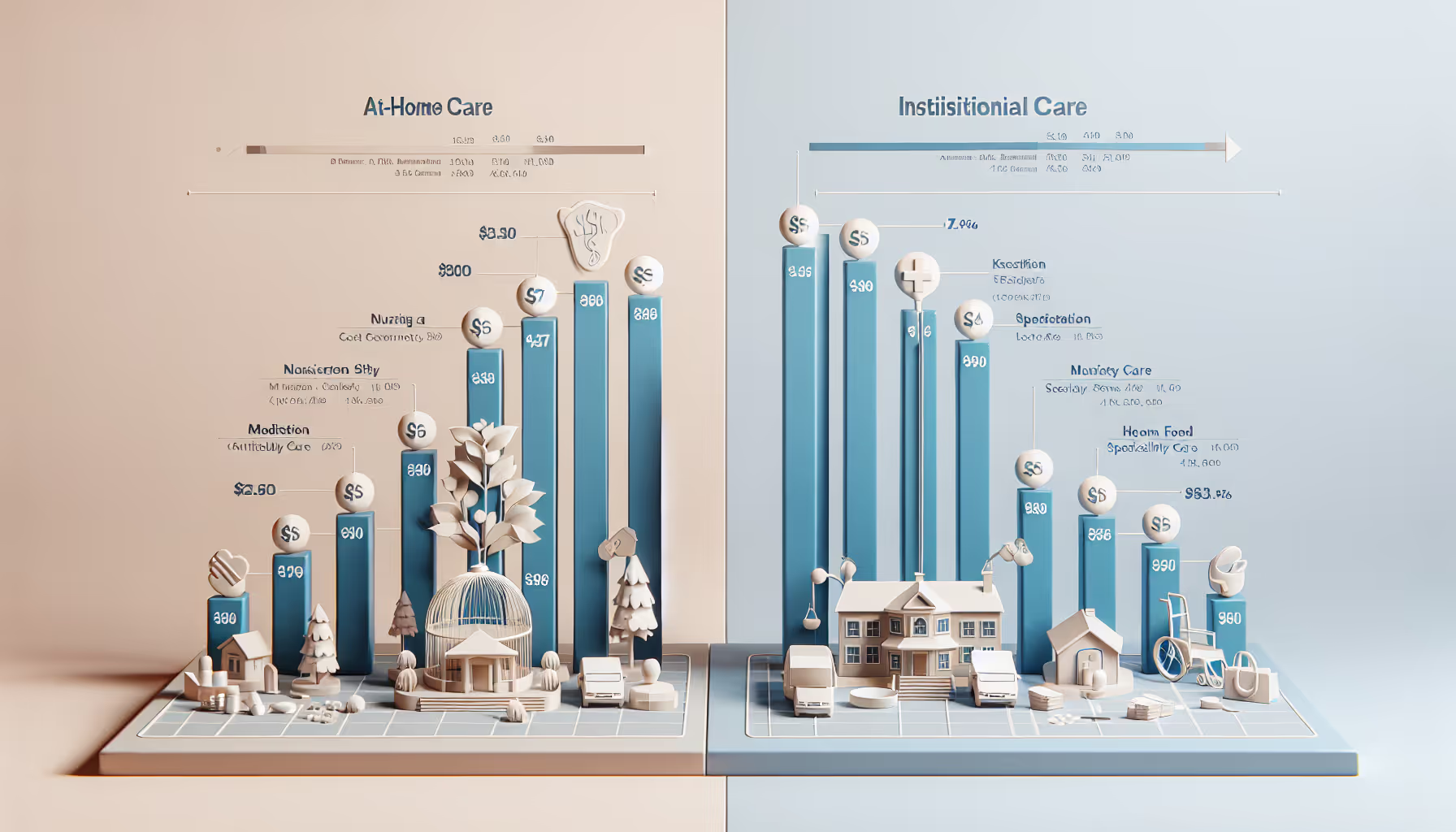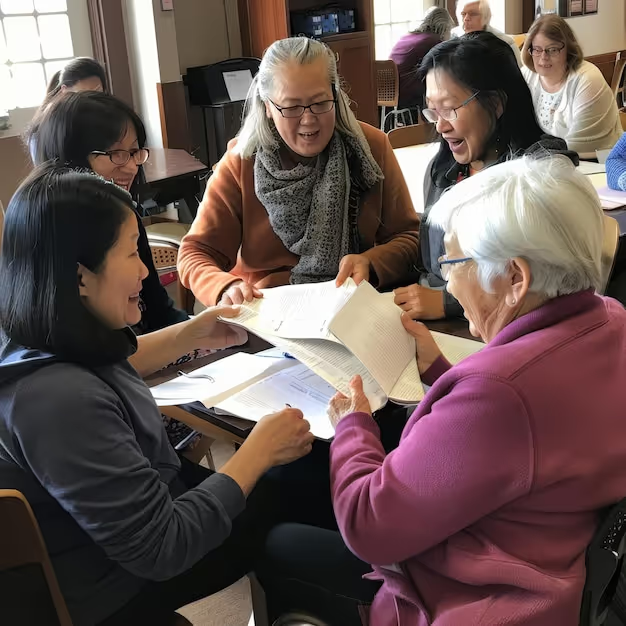Caregivers in the NHTD Waiver Program
Discover the role of caregivers in the NHTD Waiver Program and how they enhance support for seniors.

Understanding the NHTD Waiver Program
Program Overview
The NHTD Waiver Program is designed to support individuals with disabilities and seniors. It aims to facilitate transitions from nursing facilities to community-based settings, thereby preventing the need for institutionalization. This program ensures that participants have access to essential services that allow them to lead fulfilling lives with the necessary support. Participants retain the right to make decisions regarding the services they receive, choose their service providers, and establish personal goals [1].

Covered Services
The NHTD Waiver Program offers a range of services tailored to meet the specific needs of its participants, promoting independence, community inclusion, and the opportunity for involvement in meaningful daily activities. The following table outlines the covered services within the program:
Covered ServicesDescriptionPersonal Care ServicesAssistance with daily living activities to support individual needs.Adult Day Health CareStructured programs providing health monitoring, meals, and activities.Home Care ServicesServices delivered at home, including nursing and personal care.Managed Long-Term Care (MLTC) PlansCoordinated services through MLTC plans, including Partial Plan, Managed Advantage Plan (MAP), PACE Plan, and FIDA Plan.
These services aim to enhance the quality of life for participants and promote greater independence [1]. For further details on eligibility and how to apply for the program, refer to nhtd waiver eligibility and how to apply for nhtd waiver?. Additionally, learn about the various nhtd waiver program benefits for home care and how this program differs from traditional home care in our article on nhtd waiver vs. traditional home care.
Eligibility for the NHTD Waiver Program
Understanding the eligibility criteria for the NHTD Waiver Program is vital for those who wish to access the services offered. This section outlines the age and health criteria, as well as the application process details necessary for enrollment.
Age and Health Criteria
To qualify for the NHTD Waiver Program, applicants must meet specific age and health requirements. The key eligibility points include:
Additionally, each applicant must show they are capable of living in the community with the appropriate support to meet their unique needs.
Application Process Details
The application process for the NHTD Waiver Program involves several steps that ensure applicants receive the necessary support. The process includes:
By understanding these age and health criteria, as well as the application process, elderly people and their caregivers can navigate the steps to enroll successfully in the NHTD Waiver Program. This program is essential for ensuring access to community-based services that enhance independence and quality of life. For more information about the benefits of the program, visit nhtd waiver program benefits for home care.
Roles of Caregivers in the Program
Caregivers in the NHTD Waiver Program play a significant role in supporting elderly participants through various stages of the program. They serve as both Service Coordinators and providers of supportive functions, ensuring that individuals receive the care and guidance needed to thrive.
Service Coordination
As Service Coordinators, caregivers guide participants through the complexities of the NHTD Waiver Program. Their responsibilities include developing the Initial Service Plans (ISP), coordinating service provision, and monitoring the delivery of services. This oversight is crucial in ensuring that participants receive the appropriate care tailored to their individual needs.
Caregivers contribute significantly to the participants' overall well-being and quality of life by facilitating seamless access to services and ensuring compliance with program regulations. Their role includes:
For further information about eligibility criteria for the program, visit our guide on NHTD waiver eligibility.
Supportive Functions
In addition to their role as Service Coordinators, caregivers also provide essential supportive functions to participants. Their involvement includes:
These supportive functions help empower participants, promoting independence and self-reliance. Caregivers are vital in fostering an inclusive environment, contributing to participant satisfaction—an important indicator of the program's success. To learn more about the benefits of the program, see our article on NHTD waiver program benefits for home care.
Through their coordinated efforts and supportive roles, caregivers in the NHTD Waiver Program enhance the quality of care and support provided to elderly individuals, facilitating a path toward greater independence and improved quality of life.
Enrolling in the NHTD Waiver Program
Enrolling in the NHTD Waiver Program involves a series of structured steps. The process begins with Medicaid enrollment and follows with comprehensive assessment procedures. Understanding these steps is essential for both elderly individuals and their caregivers.
Medicaid Enrollment
To start the enrollment process for the NHTD Waiver Program, individuals must first enroll in Medicaid. This is a crucial step, as the program provides essential services to Medicaid-eligible seniors and those with physical disabilities. In New York, the NHTD Waiver Program has been operational since 2007 after receiving approval from the Centers for Medicare and Medicaid Services (CMS) [2].
After securing Medicaid coverage, the next steps involve:
This collaborative approach ensures that individuals are matched with appropriate services based on their needs.
Assessment Procedures
Once the individual has completed the Medicaid enrollment and intake process, the assessment procedures begin. These assessments are vital for determining eligibility and identifying specific service needs within the NHTD Waiver Program.
Assessment involves:
Through thorough assessments, caregivers are positioned to provide appropriate supportive roles and coordinate essential services effectively. For more detailed information about the application process, refer to how to apply for nhtd waiver?. This structured approach helps ensure that participants can access the benefits provided by the NHTD Waiver Program effectively.
Benefits of the NHTD Waiver Program
The NHTD Waiver Program offers numerous advantages for elderly individuals and their caregivers. This program aims to enhance the quality of life for participants by fostering community support and promoting independence.
Community Support
One of the primary benefits of the NHTD Waiver Program is the emphasis on community inclusion. This program enables elderly individuals to receive care and services in a familiar setting, allowing them to maintain connections with family, friends, and their community. By promoting community-based living, participants benefit from social interactions that are essential for mental and emotional well-being.
The services covered by the NHTD Waiver Program include personal care, home care services, care management, and assistance with activities of daily living. These services provide crucial support, enabling participants to remain in their homes where they feel comfortable, thereby enhancing their overall quality of life [3].
Service TypeDescriptionPersonal Care ServicesAssistance with bathing, dressing, and groomingHome Care ServicesHelp with household tasks and meal preparationCare Management ServicesCoordination of overall care plans and resourcesSupport with Daily LivingAssistance with daily activities and mobility
Independence Promotion
The NHTD Waiver Program places a strong focus on promoting independence among participants. By providing the necessary support and resources, the program encourages elderly individuals to take an active role in their own care. This empowerment leads to greater self-reliance and the ability to engage in meaningful activities.
Participants must meet ongoing eligibility requirements, which include regular assessments to evaluate their medical and functional needs. This ensures that support services are tailored to each individual's circumstances, further contributing to their independence [3].
Caregivers play a vital role in this process by acting as service coordinators and providing essential supportive functions. They help implement individualized service plans (ISPs) and assist participants in transitioning to community living, reinforcing the program's mission to foster independence [4].
Overall, the NHTD Waiver Program provides crucial community support and promotes independence for elderly individuals, significantly enhancing their quality of life. For more information on the services provided, visit our section on NHTD waiver program benefits for home care.
Compliance and Regulations
Ensuring compliance with the regulations of the NHTD Waiver Program is essential for maintaining service quality and participant safety. Adherence to these guidelines helps provide effective support tailored to the needs of elderly individuals and fosters an environment of trust and satisfaction.
Program Adherence
Caregivers in the NHTD Waiver Program play a vital role in ensuring that services are delivered in alignment with the program's regulations. They are responsible for coordinating care, monitoring service delivery, and empowering participants to make informed decisions about their care options. By adhering to these program guidelines, caregivers help promote independence and self-reliance among individuals in the program [4].
Regular audits and evaluations are conducted to ensure program compliance. This can include reviews of service delivery practices and participant satisfaction assessments. Understanding and following specific nhtd waiver eligibility criteria helps in maintaining these standards.
Compliance AspectDescriptionService MonitoringCaregivers ensure all services align with program standards.Participant RightsParticipants must retain control over their care decisions.Staff TrainingCaregivers receive training to enhance service quality.
Participant Satisfaction Importance
Participant satisfaction is a critical factor in the success of the NHTD Waiver Program. Positive experiences not only indicate effective service delivery but also correlate with improved health outcomes and quality of life for seniors. Caregivers are key in fostering an environment that prioritizes participant feedback, ensuring that individuals feel heard and valued.
Monitoring participant satisfaction can also guide improvements in services. Caregivers should routinely assess feedback to identify areas for enhancement. This proactive approach affirms the program’s commitment to community integration and personal independence.
Methods for measuring satisfaction can include surveys, feedback forms, and informal check-ins which help caregivers and program managers understand the effectiveness of the support provided. For more detailed insights on the benefits and experiences of the NHTD Waiver Program, visit our article on how NHTD waiver program changed lives?.
By focusing on both program adherence and participant satisfaction, the NHTD Waiver Program strives to create a supportive and responsive environment for elderly individuals and their caregivers.
References
[2]:
[3]:
[4]:


.avif)






.avif)
.avif)
.avif)
.avif)





















































.avif)

































